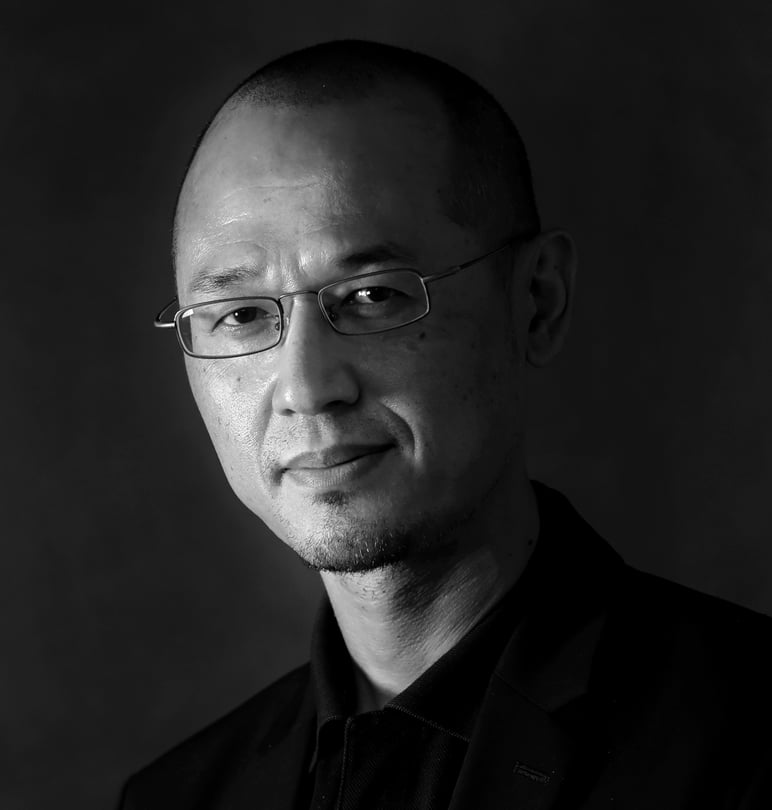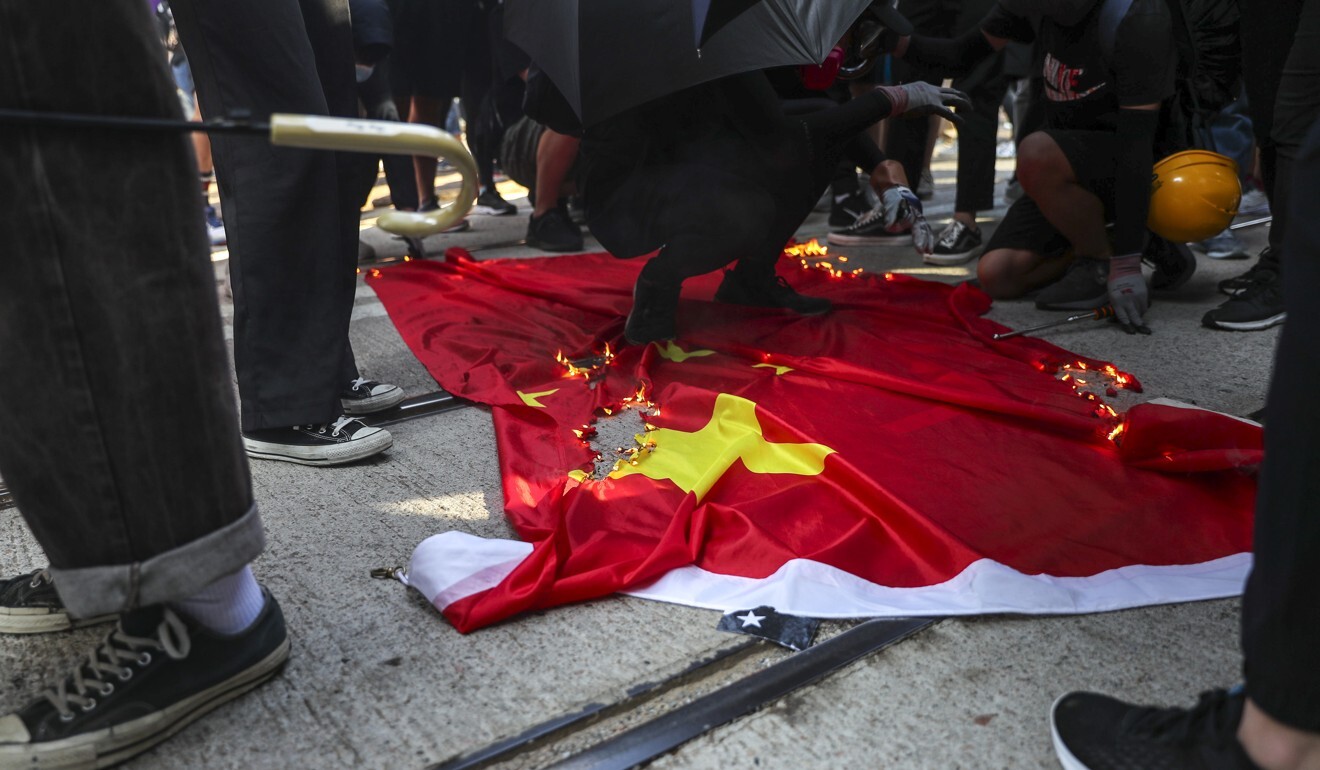
Is Hong Kong American or Chinese territory? Beijing’s new national security law seeks to set that straight
- Yonden Lhatoo blames blatant interference by the US for the state of affairs prompting Beijing’s new legislation to protect national security, even as he expresses concerns about its unknown implications for the city
So Beijing has decided enough is enough and taken matters into its own hands to bulldoze ahead with a national security law tailor-made for Hong Kong, because the city is utterly incapable of fulfilling its constitutional duty to come up with the necessary legislation of its own, 23 years after its return to Chinese sovereignty.
And now, the very people who brought all this upon us are having conniptions over what it means for our basic freedoms and fundamentals, which the government is insisting will remain untouched.
Smelling blood in the water, certain Western media outlets are in a feeding frenzy of sensational reports and apocalyptic headlines chronicling the “end/death of Hong Kong”, reminiscent of their sanctimonious divinations about the demise of our city during the 1997 handover, which turned out to be greatly exaggerated.
To understand what has really happened here, you have to take a look back at last year’s social turmoil and anti-government protest violence in the context of Beijing’s complaints about the “black hand” of foreign interference in the city’s affairs, particularly with a hostile Washington using Hong Kong as a pawn in the wider Sino-US political game.

We’re not discussing conspiracy theories here, just the relentless, in-your-face provocativeness of protesters openly waving the star-spangled banner and singing the US national anthem on the streets while spitting at and stomping on their own national symbols, loud calls for President Donald Trump to “save” the city from its own sovereign, opposition politicians’ successful campaign to have the US Congress spite Beijing’s face by cutting off Hong Kong’s nose through punitive policy acts, American politicians coming here to preach – on Chinese soil – the anti-China gospel … the list goes on ad nauseam.
Hong Kong’s Carrie Lam can use a page from Donald Trump’s playbook to handle hostile media
Top that with how belligerent US Secretary of State Mike Pompeo has become these days, neck pouch inflating in self-righteous indignation as he effectively warns China “you dare not do this and you dare not say that” when it comes to Hong Kong. He’s now calling Beijing’s move a “death knell” for the city and threatening sanctions because only Washington, apparently, has the authority to decide which parts of China can be subject to national security laws, if at all.
When did this city become a major territory of the United States of America? Last I checked, Hong Kong used to be a colony of Britain, which, as a signatory to the Sino-British Joint Declaration of 1984, arguably has the right to carry on flagging concerns about Beijing’s tightening grip over the city, but has curiously taken to letting the Americans do all the shouting nowadays.
The thing is, Beijing would have allowed the city to carry on burning like it did last year in the bonfires of the “revolution of our times” and sort out its own problems as long they remained internal. Because of the external element, carrot makes way for stick.
Hong Kong has long been the Achilles’ heel for China in its new Cold War with the US, which has been employing the city – citing American business interests here to claim a stake in its future – as a bargaining chip of sorts. Now that the gloves are off, with Washington’s rhetoric becoming increasingly bellicose over the fallout from the coronavirus pandemic, Beijing feels it might as well bite the bullet to plug this particular leak.
Hong Kong police need to be whiter than white to shed their ‘black’ label as protests return
The details of the new law are still to be spelt out and we don’t know what protections will be built into it to prevent abuse. If you believe the likes of cabinet-level government adviser Arthur Li Kwok-cheung, “There is nothing for Hong Kong people to worry about … unless they are revolutionaries, terrorists or those colluding with foreign powers.”
I’m none of the above myself, but, until I see the fine print, I don’t know what it will mean when it comes to even what I say in this space some day.
Yonden Lhatoo is the chief news editor at the Post
Help us understand what you are interested in so that we can improve SCMP and provide a better experience for you. We would like to invite you to take this five-minute survey on how you engage with SCMP and the news.

